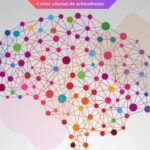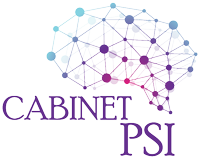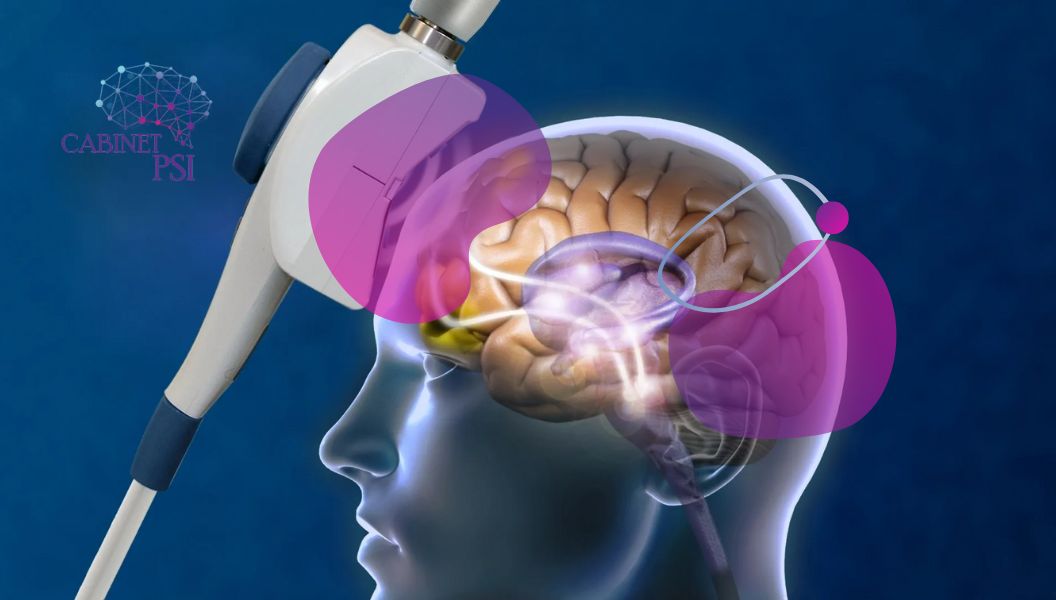
Brain affected by schizophrenia
10 October 2024
Understanding Neurodiversity: Embracing Unique Minds
27 November 2024- Introduction to TMS and the Purpose of Use in Mental Health
Transcranial Magnetic Stimulation (TMS) is a non-invasive technology that is increasingly used in the treatment of severe depression and suicidal thoughts. Using magnetic pulses to stimulate specific areas of the brain, TMS demonstrated significant effectiveness in reducing symptoms in patients who did not respond to conventional treatment methods, such as medication or psychotherapy.
- What is TMS and how does it work?
- Method of application: TMS uses a magnetic coil placed in the scalp to emit electromagnetic pulses to target regions in the brain, especially in the dorsolateral prefrontal cortex, the area associated with mood and behavior regulation.
- Effects on the brain: Magnetic pulses act on neurons and alter electrical activity in this region, thus stimulating brain areas associated with depressive symptoms.
- Different from electroconvulsive therapy (ECT): Unlike ECT, which requires sedation and can induce seizures, TMS is completely non-invasive, with minimal side effects, without the need for anesthesia.
- Effectiveness of TMS in reducing suicidal thoughts
- Clinical trials and promising results: According to recent studies, TMS has significant beneficial effects in reducing suicidal thoughts, with positive results being observed after just a few sessions. Patients often report an improvement in mood and a reduction in the intensity of negative thoughts following treatment.
- Advantage of rapid effects: In cases of crisis, such as episodes of severe depression with suicidal thoughts, rapid interventions are essential. TMS provides rapid relief, unlike antidepressants, which can take several weeks before they start to take effect.
- Durability of effects: Studies have shown that the effects of TMS are not just temporary; in many patients, improvement can last for several months after treatment, giving them an extended period of emotional stability.
- TMS vs. conventional treatments for depression
- Antidepressant medications: These are effective for a significant percentage of patients, but they do not work for everyone, and side effects can affect quality of life. In addition, many antidepressants take time for the effect to set in.
- Psychotherapy: Cognitive behavioral therapy and other forms of therapy are effective methods, but they require time and resources, and patients with acute episodes of depression may require faster intervention.
- Advantages of TMS: TMS can be an alternative for people who do not get results through medication or psychotherapy. In addition, TMS does not involve severe side effects, and patients do not have to interrupt their daily activities after sessions.
- The TMS procedure: What does it entail and how is it carried out?
- Duration and frequency of treatment: TMS treatment usually involves daily sessions for several weeks. Each session lasts about 20-40 minutes.
- Side effects: Side effects are usually minor and may include discomfort in the scalp or mild headaches that go away after the session.
- Monitoring progress: During treatment, doctors assess progress and adjust the protocol if necessary to maximize benefits and minimize risks.
- Limitations and variability of response to TMS
- Variability of response: Not all patients respond equally to TMS. Effectiveness may vary depending on individual factors, such as the severity of depression, treatment history, and associated medical conditions.
- Accessibility: Due to cost and technological limitations, TMS is not available everywhere and may be inaccessible for some patients.
- Continuity of research: Research in the field continues to optimize the protocol and identify the factors that most influence the success of TMS.
Transcranial Magnetic Stimulation is a promising and effective method for managing suicidal thoughts and severe depression. With multiple benefits, including rapid symptom reduction and minimal side effects, TMS is emerging as a viable treatment option for patients who do not respond to other interventions. As research continues, TMS could become a key component in holistic treatment plans, helping to improve quality of life for those affected by severe mental health disorders.


